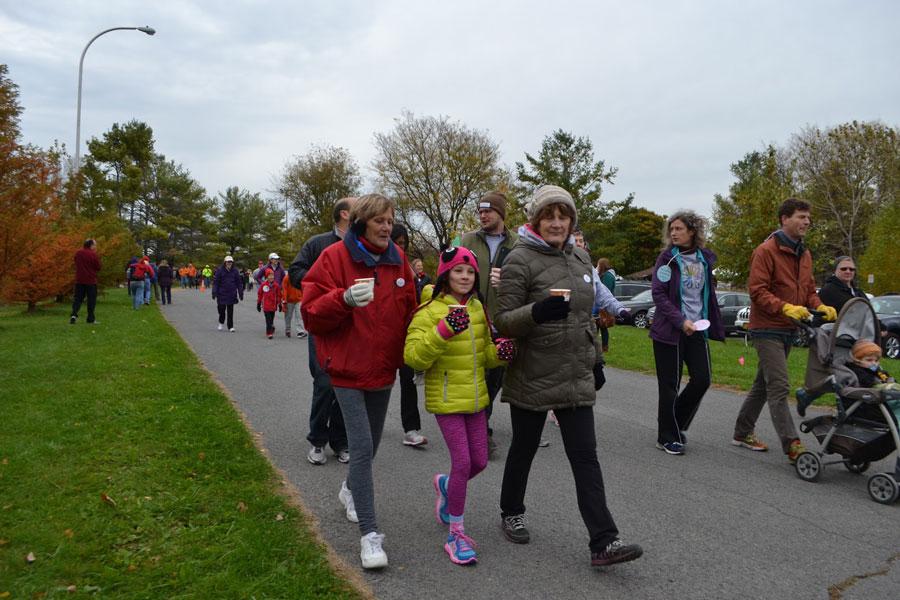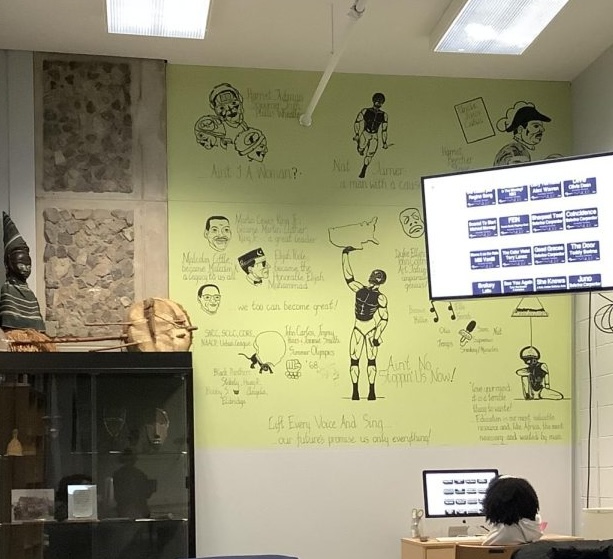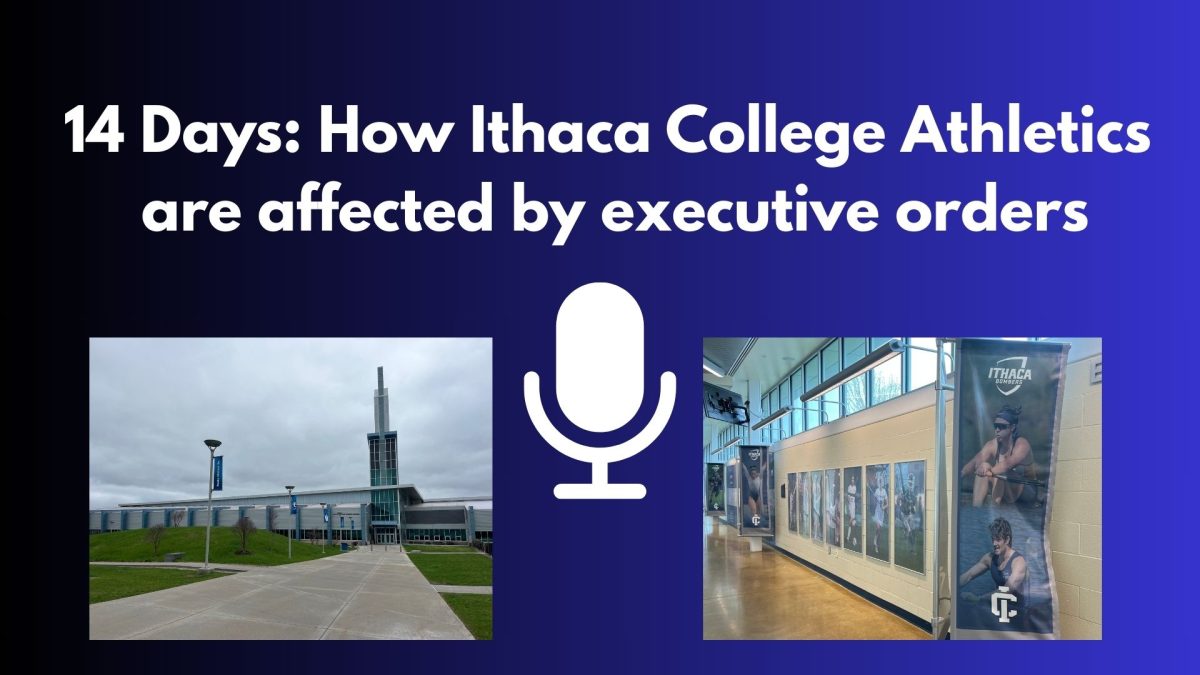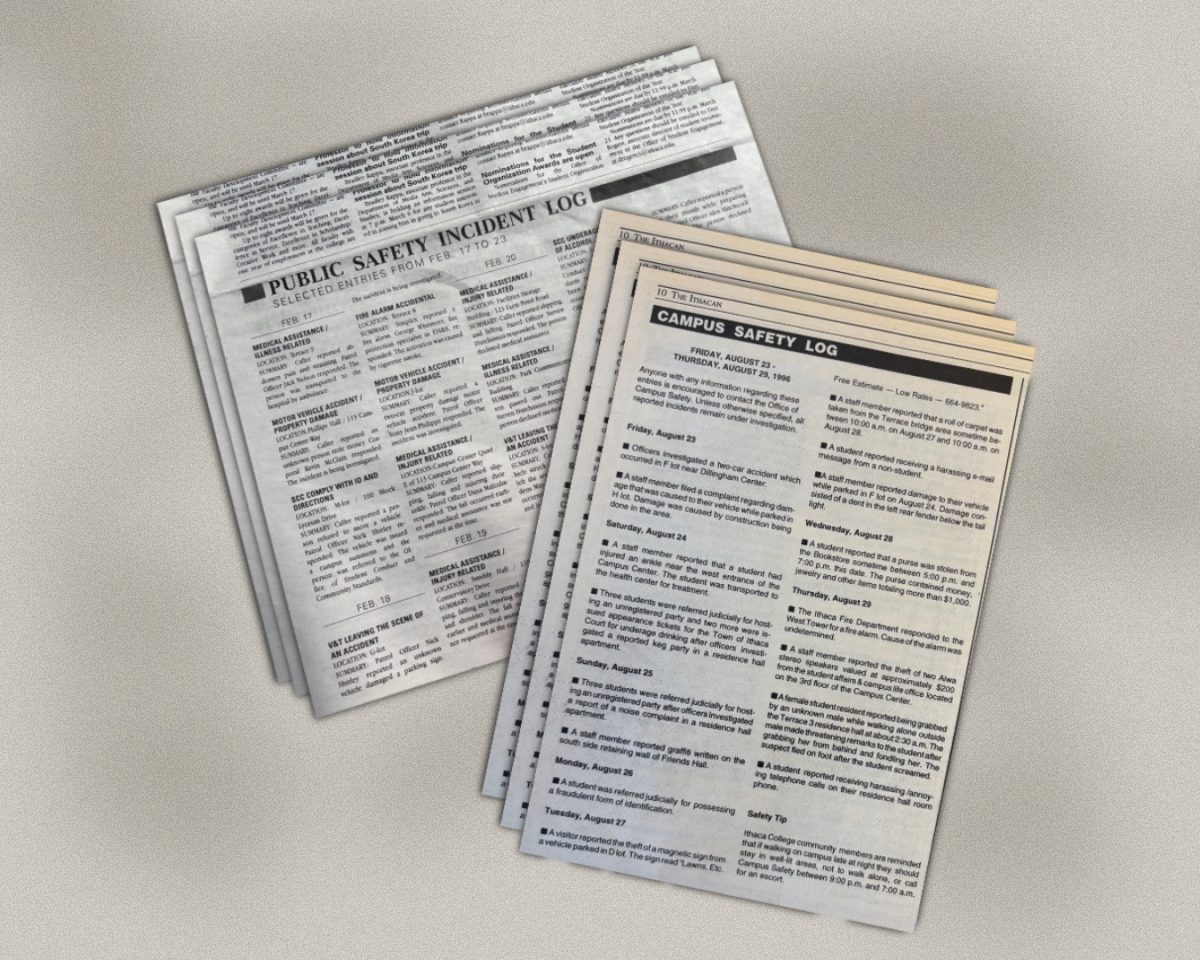On a brisk Saturday morning in late October, friends of the Cancer Resource Center of the Finger Lakes are given time for reflection on those who have survived and those who have not during their battle with the disease.
“Cancer’s the great equalizer,” said Lee Ginenthal, a survivor of prostate cancer and a volunteer of CRC.
Ginenthal is one of the one-thousand people attending the Cancer Resource Center’s Annual Walkathon fundraiser who been affected by cancer in one way or another.
Ginenthal, who is now cancer-free, says that he finds inspiration in the members of his Men’s Breakfast Club Support Group who deal with terminal cancers.
When remembering members of his group who had passed away since its inception, he says that the men served as models “for how to live and how to die.”
For those who had survived the battle, or are currently still fighting, those whom he meets with at the Royal Court restaurant every Friday “have an attitude about appreciating just the time right here and now.”
That attitude of appreciation is something that Bob Riter and others at the Cancer Resource Center hope to spread through their emphasis on community. This is part of the reason the Ithaca Breast Cancer Alliance came to provide services for all types of cancer patients in 2006, forming the Cancer Resource Center of today.
Riter, the director of the Cancer Resource Center and breast cancer survivor, points out that even though two clients may be dealing with different types of cancer, their experiences in recovery and treatment share a common ground.
Fran Spadafora Manzella, the Associate Director of the Center, says that a big part of the community formed from the support groups is what the participants do for each other outside of the meetings. She says that she’s seen support group members “attend doctor’s appointments together, take a fellow participants to a doctor’s appointment, or give them a call because they know they are going through a particularly difficult time in their cancer treatment.”
Both Spadafora Manzella and Riter agree that the community created by CRC is the most inspirational aspect of it. Cancer’s ability to touch literally anyone is part of what makes the community it creates so important.
As invaluable as the support groups are, their members simply can’t do it all; this is where the Cancer Resource Center comes in, and provides a different kind of help. Spadafora Manzella, a licensed Master Social Worker, says CRC volunteers and staff also provide clients benefits such as wigs and transportation to doctor’s appointments.
The money from the Walkathon, which comes from registration fees, donations, sponsorships, and merchandise, covers one-third of the CRC’s annual expenses. The rest is highly dependent on grants, with Tompkins County offsetting a small part of the burden.
While the event does take place during Breast Cancer Awareness Month, members of the CRC emphasize that Walkathon welcomes clients affected by all types of cancer. Friends and relatives of clients are welcome to register too, as the event focuses on inclusivity.
Monica Valkiner is the CRC’s Director of Client Services, and says about the event’s timing, “I’m a breast cancer survivor and even I get tired of the “pink-washing”, because there’s a lot of other cancers out there too that need the attention.
One individual who inspires Spadafora Manzella is a client who spends a significant amount of time giving back to the Cancer Resource Center, even while attending her own cancer treatments. She influenced the CRC community through her focus on finding more support for parents affected by cancer. Because of her encouragement and persistence, Spadafora Manzella recently applied for a grant to receive stronger funding for their Caregivers Support Group.
While manning the Survivor’s Tent at the Walkathon, Valkiner discusses a client who has already become “very important to me and to our family,” after being diagnosed a short time ago. “She comes in when she just needs support. And she’s going through this battle kind of by herself. She’s a great voice for the CRC…She’s the true story of how we give support,” Vakiner says.
He explains how often individuals come to the CRC to learn how to deal with cancer, and get support from the individuals, peers and volunteers who work for the organization.
“One thing I’ve learned is there is no right way through cancer,” Riter said. “We help people understand what their options are, and then it is up to them to make their choices.”













